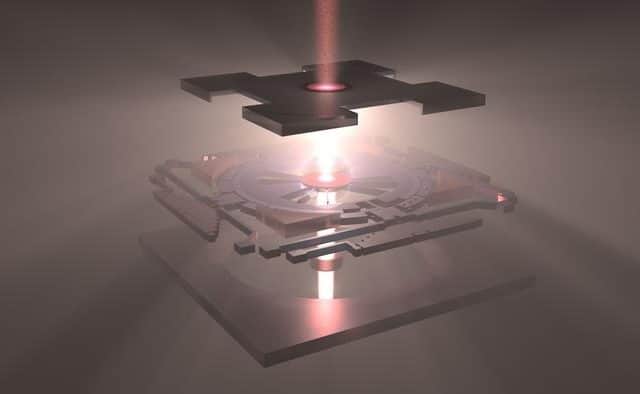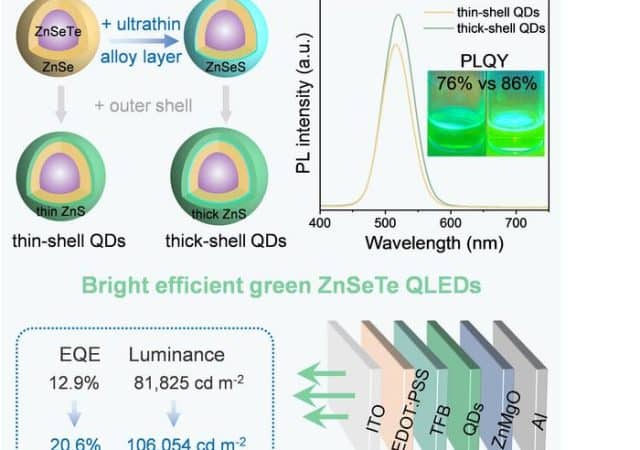Canatu Plc has signed a one-year joint development agreement with DENSO Corporation, a supplier of automotive technology and components, to improve the performance of Canatu carbon nanotubes.
MEMS
STMicroelectronics Details Company-Wide Program to Reshape Manufacturing Footprint
STMicroelectronics today disclosed further elements of its program to reshape its global manufacturing footprint.
From Microelectronics to Microfluidics: How 3D Printing Is Shaping the Future of Tiny Devices
The world of micro and nano devices is undergoing a seismic shift, thanks to the latest advancements in 3D printing technology.

Omnitron Sensors Appoints Ijaz Jafri as Vice President of Engineering
Dr. Jafri brings a 20+-year track record of successfully bringing disruptive MEMS and semiconductor technologies to market in the automotive, industrial, aerospace, defense and consumer sectors.
Self-Powered Wireless Sensing Fibers for New Wearable Technology
With the rapid development of the Internet of Things (IoT) and smart devices, wearable technology is becoming an important part of people’s lives.

Bosch Establishes Company with the Synthetic Diamond Solutions Provider Element Six
Quantum sensors: partnership to extend innovation leadership.
Imec Identifies Stable Operating Range for GaN MISHEMTs in RF Power Amplifiers
The findings support GaN-Si’s potential for high reliability 5G+/6G communication systems.
European Chips Skills Academy Launches ECS Summer School 2025 to Inspire Future Electronics Talent
The European Chips Skills Academy (ECSA), an EU-funded project coordinated by SEMI Europe, in collaboration with industry partners AENEAS, EPoSS, and INSIDE, has announced the launch of the ECS Summer School 2025.

Twisted Crystals Open Door to Smaller, More Powerful Optical Devices
Researchers develop first-of-its-kind optical sensor that can simultaneously measure wavelength, polarization.

Ultrathin Interlayer Empowers Green ZnSeTe QD-LEDs: Brighter, More Efficient, Driving Eco-Friendly Displays Forward
New research from the Henan University proposes an effective defect passivation strategy for green-emitting ZnSeTe-based quantum dots.